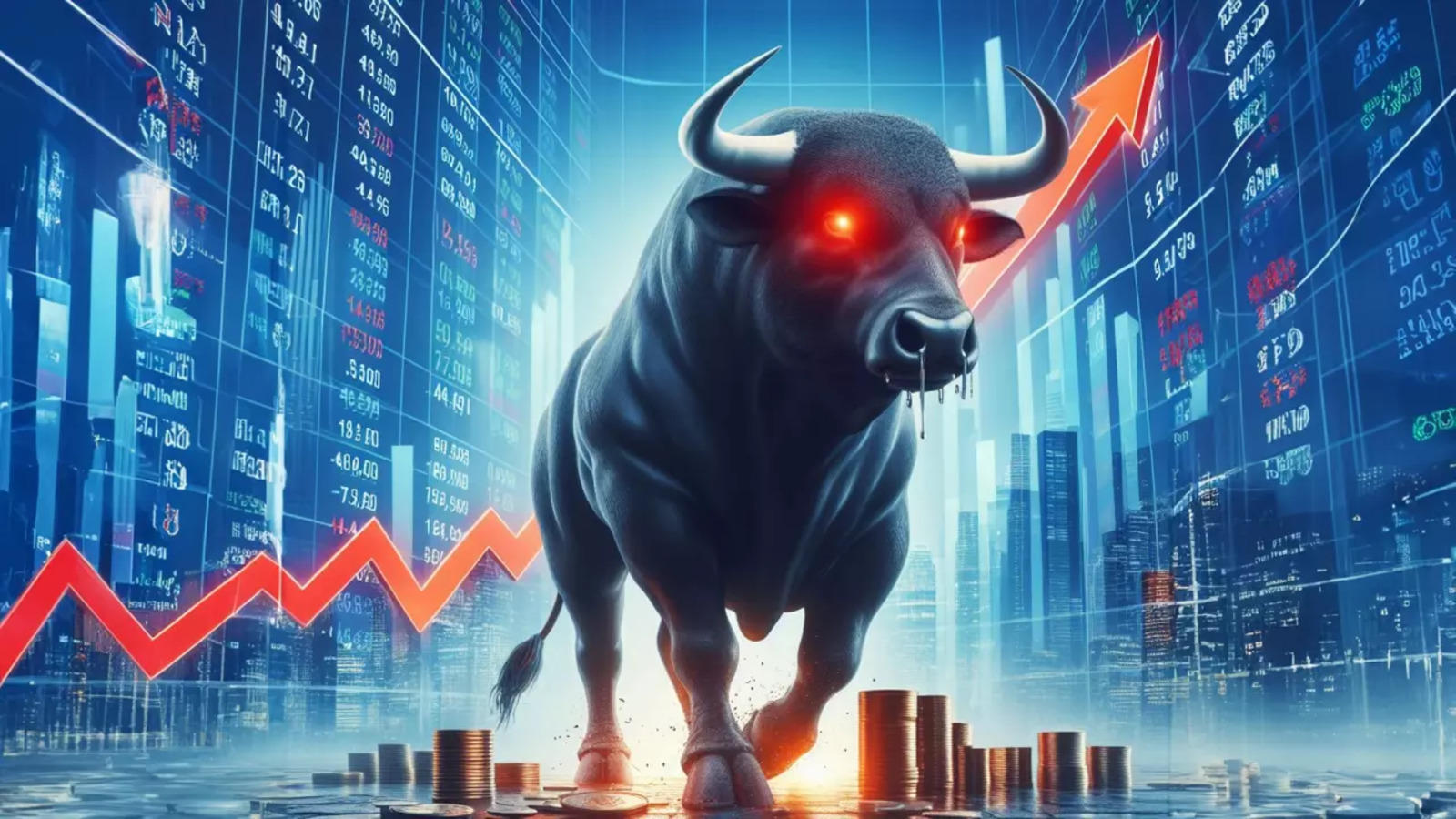11 Apr , 2024 By : Debdeep Gupta

While the Sensex hitting a new high of 75,000 and the Nifty crossing the 22,500 mark has brought in cheer for investors and traders, market experts add that some caution must be followed.
Here are the key risks in the market that one needs to watch out for:
The slowdown in earnings momentum:
As we enter the Q4 earnings season, experts suggest that one needs to keep a close watch on earnings momentum as a slowdown could prove to be a risk. According to Somnath Mukherjee, CIO and Senior Managing Partner, ASK Private Wealth, there has been a slowdown in momentum compared to what we have seen in the last couple of years, especially post-COVID. What was seen earlier only in larger companies, he adds, is also now visible in small companies over the last few quarters. "Valuations are also not cheap. They are in between fully priced and stretched," he adds.
Poor Monsoon:
Even though Skymet has predicted a normal monsoon this year, investors count this as a key risk for markets this year. Gaurav Goel, a Sebi-registered investment advisor, says that in the past these predictions have not been entirely accurate. "The Indian rural economy continues to depend heavily on a good monsoon for its growth, and any adverse news would have a negative bearing," he says.
A rainfall deficiency would result in poor harvests, which could in turn lead to food inflation as a result of lower supply. A Motilal Oswal note highlights that food inflation accounts for nearly 48 percent of the overall Consumer Price Index (CPI) and tends to go up in years of deficient rainfall. "Higher inflation will mean that the RBI will be less inclined to cut interest rates. Rate cuts normally tend to be value-accretive for equity and debt investments," the note adds. Besides, as rural consumption is just about recovering, a poor monsoon could potentially derail consumption growth.
Rising commodity prices:
Rising commodity prices, be it metals or crude oil, would be risks that the market would be watching out for. This can happen either because China bounces back strongly, or if there is any escalation in the geo-political situation.
According to Mukherjee, if this becomes a broad-based sort of commodity price rally, then it could have a downstream impact on inflation, and inflation then has its impact on the US Fed rate cut cycle, input costs, imported inflation in India, etc. "A lot of the cycle of good news that was driving the economy could slow," he adds.
Other risk factors experts say could be any further delay in rate cuts in the US and the upcoming general elections. Goel says, "Markets love continuity in policy making and are anticipating a series of initiatives to strengthen the Indian economy by the new government. While we attribute a low probability to any negative surprises on the election, the possibility of lower numbers or a loss for the current regime will be detrimental in the short term," he says.
Geopolitics:
Geopolitical risk is the ‘unknown’ all investors are worried about markets are taking in their stride. The ongoing conflicts, such as the Israel-Palestine and Ukraine-Russia wars, continue to be a concern as their negative impact could range from supply chain disruptions, as seen during the recent blockade in the Red Sea, to downstream impacts on inflation. “If the war escalates in the Middle East, oil prices will shoot up which will indirectly cause inflation to rise delaying a rate cut. This would hurt investor sentiment and could trigger a sell-off,” says Kush Ghodasara, a market expert.
0 Comment